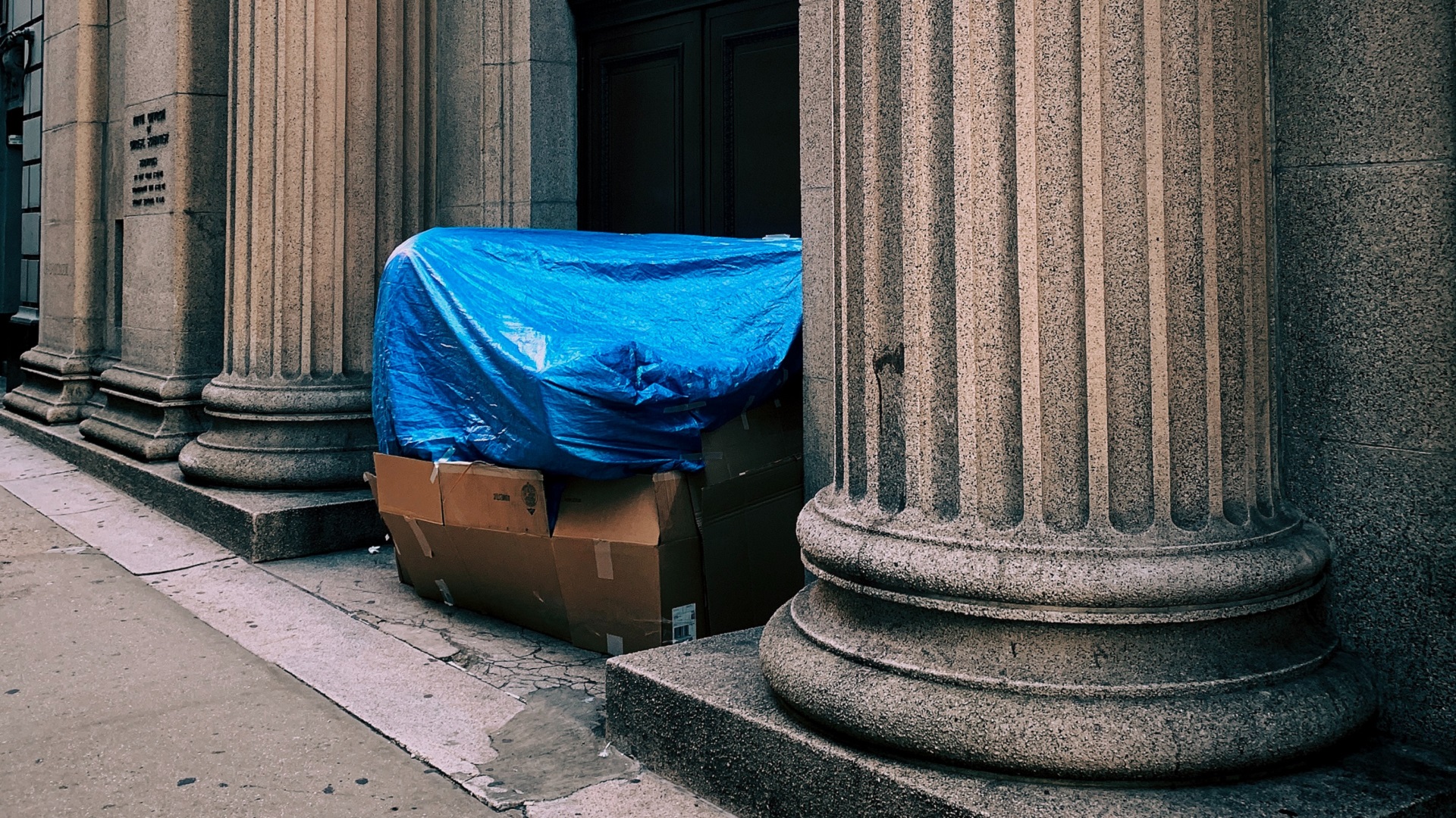This government is developing a track record of introducing cruel but utterly impractical rules to attract headlines, then wasting significant public funds defending its position in court. No, not the Rwanda deportation scheme. On 1 December 2020, the government changed the immigration rules to punish rough sleeping by making it a reason to refuse or cancel somebody’s existing permission to be in the UK.
After a two-year wait, Refugee and Migrant Forum of Essex and London and Public Interest Law Centre have been refused permission by the High Court to judicially review the government’s rough sleeping rule. It has come as a result of our first challenge to this rule, which made it so unworkable that it has not been used once.
Many of the people we work with are foreign nationals who do not have access to shelter, and under this law, they would have faced enforcement action and potentially removal, severing them from loved ones and their local community for the ‘crime’ of being homeless.
Get the latest news and insight into how the Big Issue magazine is made by signing up for the Inside Big Issue newsletter
Recognising that this was a cruel measure designed to punish some of the most vulnerable people in society, Refugee and Migrant Forum of Essex and London (Ramfel) instructed the Public Interest Law Centre to challenge it the very next day, formally writing to the government to request that the rule be repealed. We sent them a detailed report evidencing the potential effect of the new rule on non-UK nationals who were rough sleeping.
This report detailed how, rather than decreasing the number of non-UK nationals sleeping rough, these new measures would likely achieve the exact opposite by making foreign nationals even more reluctant to engage with the limited support services available due to fear of immigration enforcement, in a repeat of the misguided measures taken between 2010 and 2017. Alongside our legal challenge there was a strong and united opposition from the voluntary sector, local authorities and trade unions. As with so many of this government’s other immigration policies, they were explicitly advised that not only was it cruel but also counter-productive.





